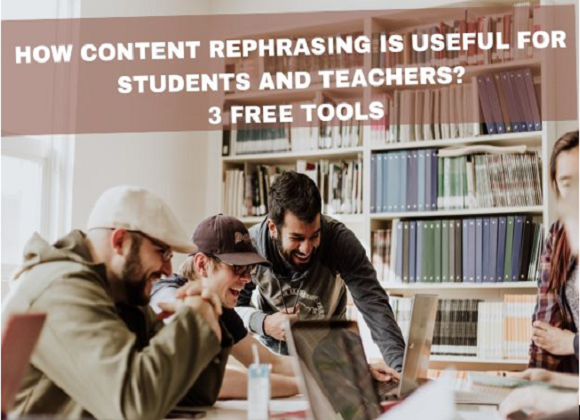Courses
Grow skills with quality courses
Everybody advances in an unexpected way, and understanding the various ways that people learn is significant to instructive achievement. Educators and teachers can significantly gain from seeing how learning functions for various children and adults. By seeing how learning occurs, instructors can augment their endeavors and make classrooms where students can flourish.
Transformative learning is one hypothesis of learning that centers around grown-ups focussing on their education and learning. Transformative learning is at times called change learning and focuses on the possibility that students can change their reasoning in view of new data and information. Jack Mezirow is known as the originator of this learning theory. His research drove him to estimate that grown-ups don’t usually apply their learnings from old observations to any new situation that they face. Rather they observe they need to look at new situations with newer viewpoints to get another comprehension of things. Mezirow speculated that students had significant educating and learning potential associated with their previous encounters and experiences. Grown-up schooling and grown-up learning are key in this hypothesis, as kids frequently don't have a similar sort of change with their opportunities for growth. Mezirow observed that grown-up learning includes taking the very things we accepted and thought as a kid, letting basic reflection, and showing sway the change to what we ought to accept and see now. Mezirow's hypothesis has formed into a bigger thought that our perspective is changed the more we learn, and that assists us with embracing new ideas and thoughts.
Put in basic terms, transformative learning is the possibility that students who are getting new information and learnings are additionally assessing their previous thoughts and understanding, and are moving their very perspective as they acquire new information and experience through basic reflection. It goes past basically gaining information, and looks into the way that students find out meanings in their lives. This sort of growth opportunity includes a central change in our discernments. Students begin to scrutinize everything they knew or thought previously and look at things according to new points of view to account for new experiences and learnings. Numerous students and specialists concur that this sort of learning prompts genuine opportunity for thought and understanding.
Mezirow says that transformative learning has two essential parts: instrumental and communicative learning. Instrumental learning centers around task-arranged critical thinking, assessment of circumstances, and logical results connections. Communicative learning, on the other hand, centers around how individuals impart their sentiments, needs, and wants. Both of these components are significant in extraordinary learning- learners should have the option to zero in on various sorts of their arrangement and view new viewpoints that are both intelligent and passionate to challenge their past learnings.
There are many ways to introduce this theory in the classroom setup. Teachers can give their students some dilemmas, in the form of a picture, story, etc., and give them a chance to learn about new perspectives. Educators and teachers can give some questions that can help the students pose questions about their own suspicions, open doors for them to share, and give composing and intelligent opportunities to examine. Teachers and educators can assist the children in having these basic conversations by giving them the required space to discuss. Moreover, group conversations and exercises can assist them with this basic arrangement. This sort of classwork can assist students with truly embracing different considerations and encounters not the same as their own. There are numerous ways that teachers can involve this learning in their classes. For instance, when children are finding out with regards to world religions, educators can present writings and articles that talk about various religions, assisting them with acquiring new viewpoints and understanding. This can assist the students in getting many perspectives and viewpoints. Another way in which the teachers can involve this learning theory in their classes is to give students differentiating articles on a subject, and request them to provide their contemplations and bits of knowledge on the various components from each article. This assists them with scrutinizing their own agreement and traveling through the most common way of learning.
As a teacher, it's vital to assist your students with picking up and utilizing various types of learning procedures. The transformative learning hypothesis can be particularly significant for more seasoned students to have the option to accept novel thoughts and ideas.
About the author
Comments
Recommended by Gurushala

Technology & Innovation
-By Valentina MilanovaHow Content Rephrasing is Useful for Students and Teachers? 3 Free Tools

Stories of Indian Classrooms
-By GurushalaOn the course of continuous learning- An inspiring teacher story from Pune
Related Articles
